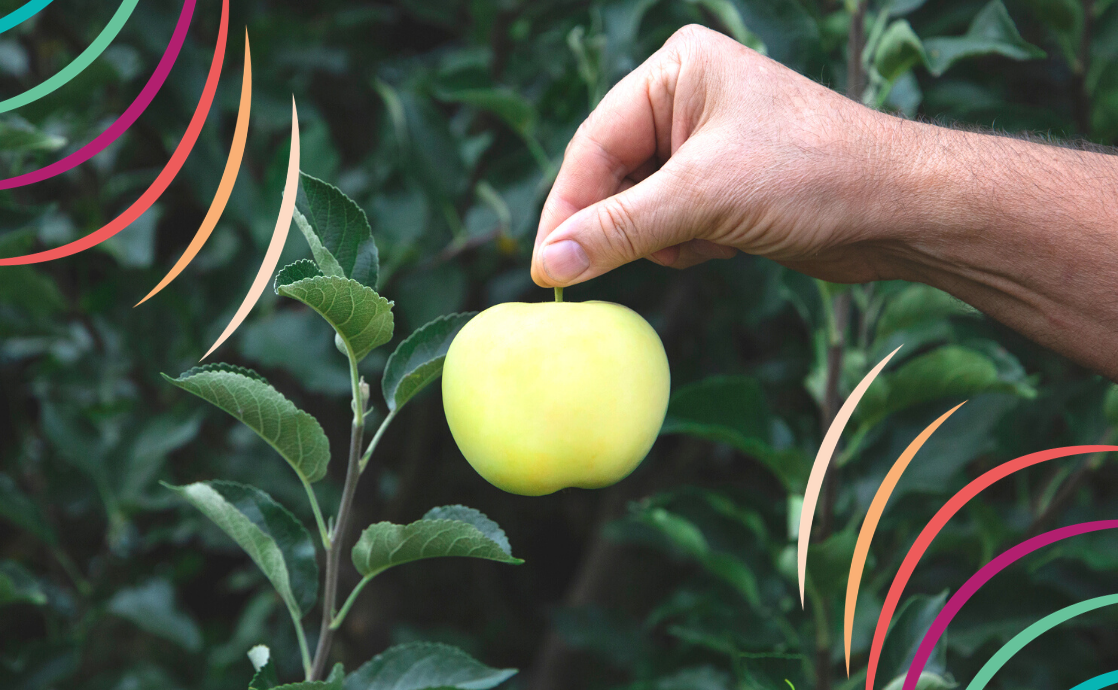The phrase “Ye shall know them by their fruits” serves as a profound axiom in the realm of spirituality, particularly within the Baha’i Faith, emphasizing the importance of evaluating the virtues and contributions of a prophet through their actions and impact on society. However, what does it truly mean to assess a prophet? How can one discern authenticity amidst a myriad of claims? This inquiry not only beckons spiritual seekers but poses a playful challenge: can we truly determine the veracity of prophetic guidance in an age marked by skepticism and interpretative ambiguity? Herein, we articulate four pivotal criteria for assessing a prophet, drawing upon core Baha’i teachings while fostering a more nuanced understanding of prophetic authenticity.
1. Examination of Teachings
At the heart of evaluating a prophet lies a scrupulous examination of their teachings. Authentic prophetic utterances are often characterized by deep philosophical insight, moral imperatives, and compatibility with innate human understanding. In the Baha’i Faith, the teachings of Baha’u’llah are replete with notions of unity, justice, and the interconnectedness of humanity. When assessing a prophet, one should ponder: Are their teachings universally applicable, transcending cultural and temporal boundaries? Do they provoke reflection and inspire profound transformation?
Moreover, the consistency of these teachings with previously established spiritual truths can serve as a litmus test for their credibility. It is essential to consider whether the new insights provided align harmoniously with the underlying ethical framework espoused by former prophets. This continuity not only confirms the prophet’s authenticity but also reveals the evolutionary nature of divine revelation—a cornerstone in Baha’i belief.
2. Impact on Followers and Society
A cogent criterion for evaluating a prophet is the tangible impact on their followers and society at large. The fruits of a prophet can often be measured through the transformation they catalyze in individuals and communities. Are their followers exhibiting enhanced virtues such as compassion, equity, and selflessness? A prophet’s teachings should incite a collective elevation of moral standards, instilling social practices that lead toward harmony and unity.
Historically, figures such as Jesus, Muhammad, and Baha’u’llah brought forth social changes that reverberated across expanses, fostering movements that embodied principles of justice and peace. In the contemporary context, one must assess how current prophets or spiritual leaders inspire their adherents to challenge societal injustices or promote humanitarian initiatives. Are they merely engaging in rhetoric, or are they activating a transformative ethos within their communities?
3. Personal Character and Integrity
The personal character and integrity of a prophet serve as fundamental benchmarks in discerning their authenticity. A true prophet exemplifies moral rectitude, honesty, and profound authenticity. Their lives should be living testaments to the values they profess. It becomes pertinent then to ask: Do their actions align with their words? Are they leading by example, demonstrating the very qualities that are extolled in their teachings?
Baha’u’llah, for instance, espoused the virtues of humility and service. As believers scrutinize a prophet’s lifestyle, it is essential to consider the congruence between their public persona and private conduct. A dissonance in behavior can diminish their credibility significantly. Moreover, the ability to endure adversity gracefully, and to demonstrate resilience amidst trials, also marks the presence of true prophetic character.
4. Openness to Inquiry and Dialogue
In a world inundated with polarized beliefs, an authentic prophet should embrace a spirit of inquiry and dialogue. The willingness to engage in meaningful discussions, to address doubts and inquiries without resorting to dogmatism, is indicative of spiritual maturity. This openness fosters an environment where individuals can explore the depths of faith, inevitably leading to greater understanding and personal conviction.
The Baha’i Faith encourages an independent investigation of truth, emphasizing that faith should not be blind but rather a result of deep contemplation and assessment. Hence, an assiduous examination of how a prophet responds to questions—whether they promote dialogue and critical engagement—is essential in evaluating their legitimacy. Do they welcome diverse perspectives, or do they seek to impose a monolithic understanding of truth?
Conclusion: The Continuous Journey of Discovery
Ultimately, assessing a prophet within the framework of Baha’i teachings is not a mere intellectual exercise but rather a continuous journey of discovery and discernment. The playful inquiry of whether we can ascertain a prophet’s authenticity remains an enduring challenge, inviting a deeper exploration of our beliefs and values.
Through the examination of teachings, the impact on society, the personal character of the prophet, and their fostered spirit of dialogue, seekers can cultivate a more informed perspective. In the grand tapestry of faith, these criteria weave together a robust framework through which the fruits of a prophet may be discerned. It compels us not only to seek understanding but also to cultivate an inner richness that embodies the very teachings we aspire to follow—a challenge that continues to resonate throughout history.
